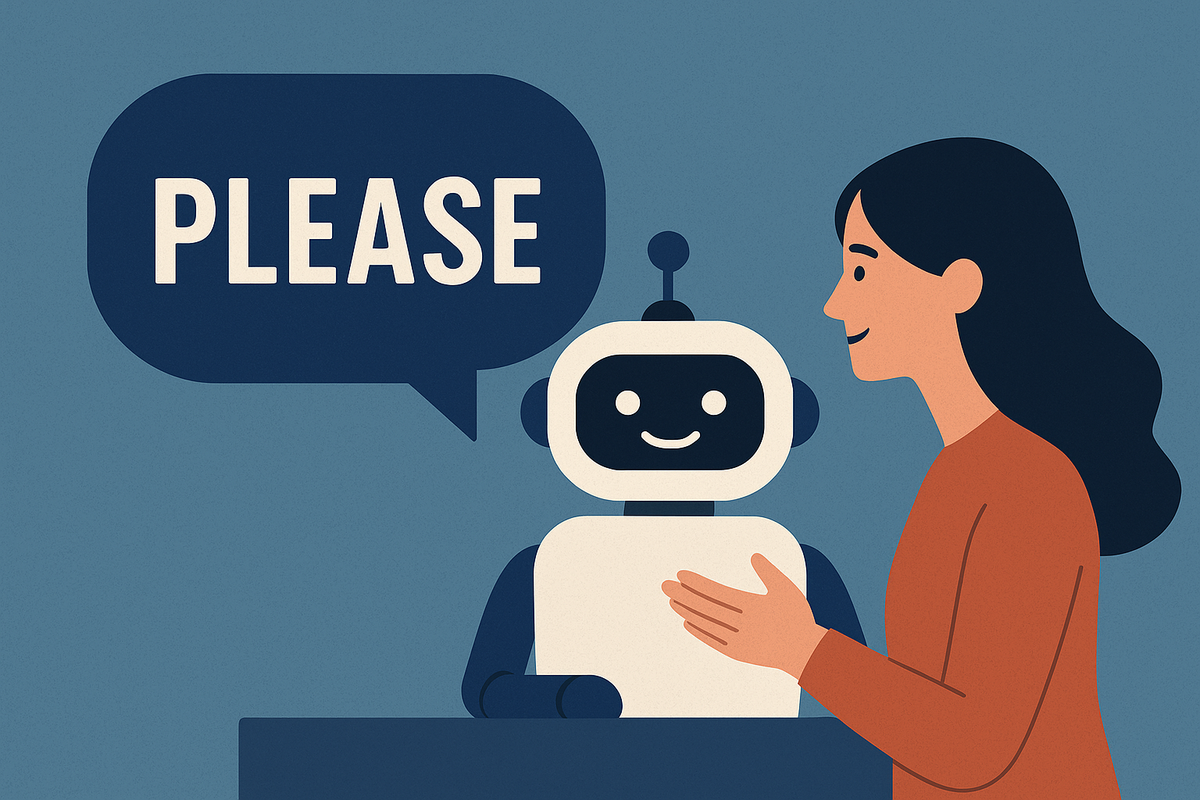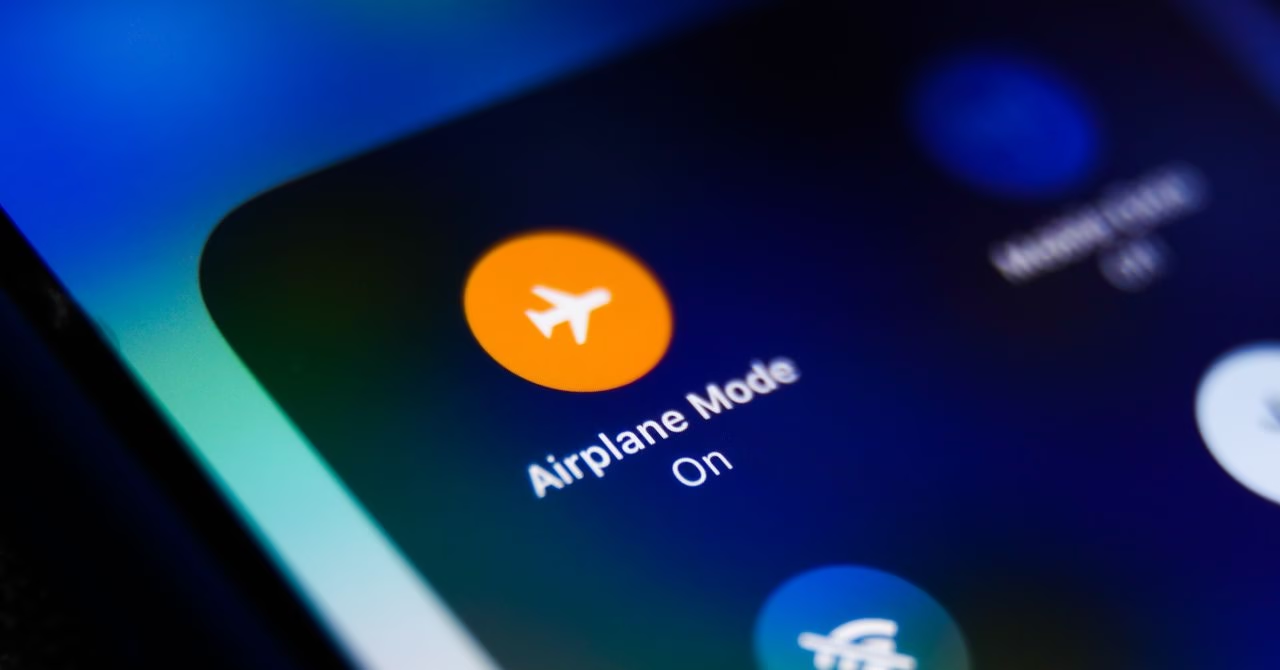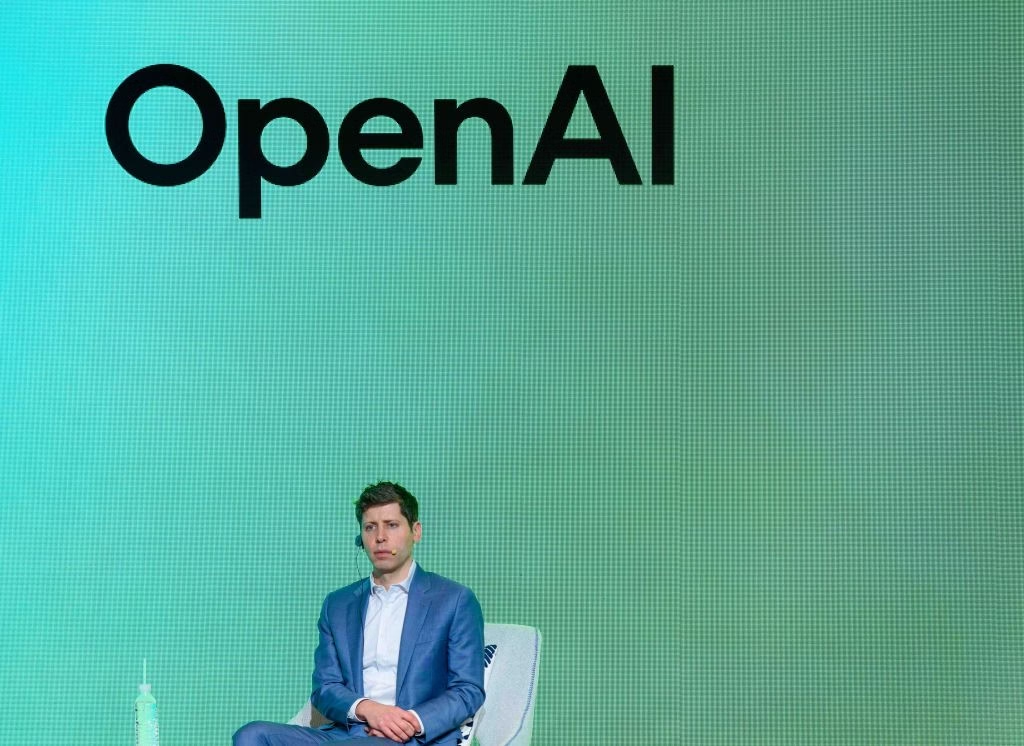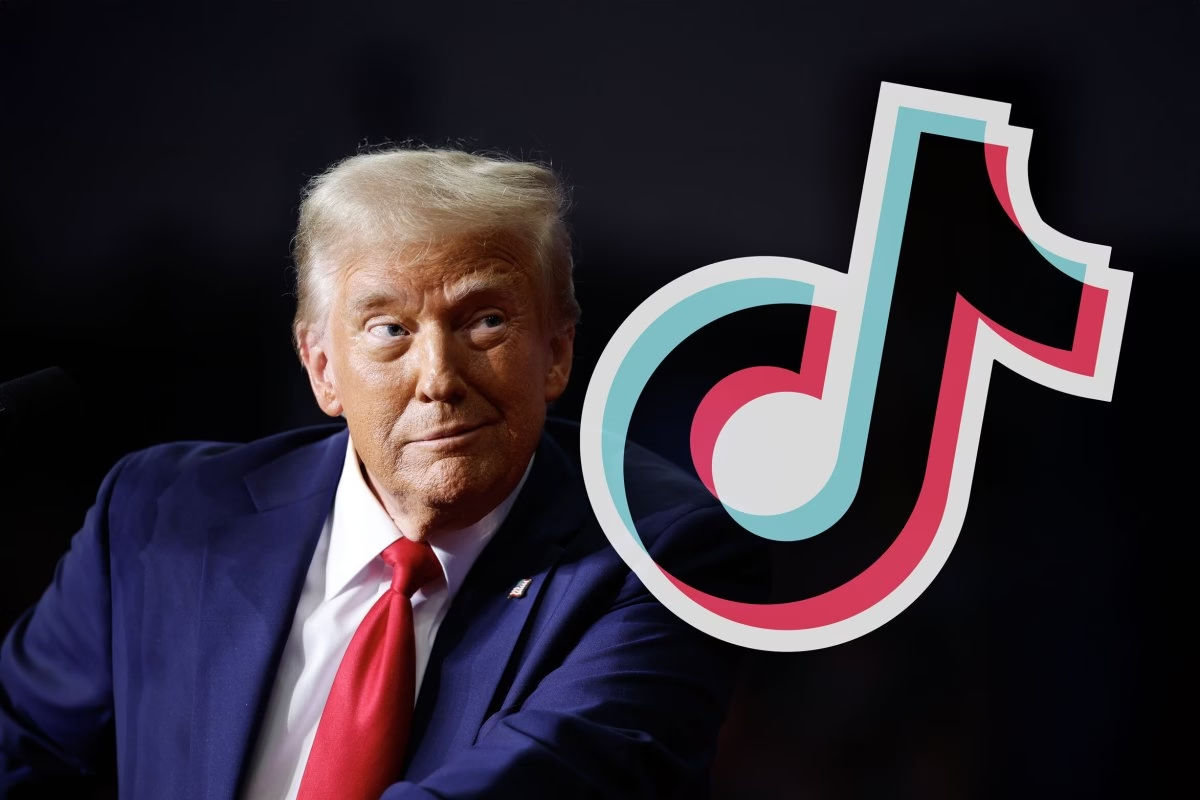Introduction
In a world increasingly dominated by artificial intelligence, our interactions with machines are becoming more human-like. But is there real value in being polite to AI systems? A seemingly simple question recently sparked a broader discussion about how the way we speak to chatbots might influence their behavior—and even the cost of running them.

The Viral Question That Sparked the Debate
It all started with a lighthearted post on X (formerly Twitter), where a user pondered:
“I wonder how much money OpenAI has lost in electricity costs from people saying ‘please’ and ‘thank you’ to their models.”
Though humorous in tone, the question touched on an interesting facet of human-AI interaction—one that’s both behavioral and technological.
Sam Altman’s Witty Response
OpenAI CEO Sam Altman jumped in with a tongue-in-cheek reply:
“Tens of millions of dollars well spent — you never know.”
While likely not a scientifically backed figure, Altman’s response offered a nod to the cultural shift occurring in our conversations with AI. It also ignited curiosity around whether these manners are just vestiges of human behavior or if they actually influence AI performance.
Is Politeness to AI Really Meaningful?
At first glance, saying “please” and “thank you” to a language model like ChatGPT might seem like anthropomorphizing technology. After all, AI doesn’t feel. But there’s growing evidence that how we phrase prompts can subtly shape the outcome.
While models don’t understand emotions, they are trained on vast amounts of human language—where context, tone, and sentiment matter.
As AI expert and Microsoft Copilot designer Kurt Beavers explained:
“Using polite language sets a tone for the response. When an AI model clocks politeness, it’s more likely to be polite back.”
This isn’t just feel-good behavior. It’s a form of tone-setting that influences output.
Microsoft’s Insight: Tone Matters
Microsoft’s research into user interactions with its Copilot tool revealed that polite input often results in more cooperative and constructive responses. In customer-facing AI tools, this is especially valuable.
For marketers, entrepreneurs, and customer service professionals, understanding how AI “mirrors” tone can offer a strategic advantage—politeness can lead to higher-quality, more nuanced output. This principle is not just relevant for individuals, but also for businesses deploying AI chat interfaces.
The Psychology Behind Polite AI Interaction
From a psychological standpoint, using manners with AI often stems from our deep-rooted social behaviors. According to research from Stanford, humans tend to treat machines as social actors, especially when they use human-like language or voice.
This behavioral bias means users may feel more engaged, respected, and understood when they maintain civility—even if they’re talking to a machine. It creates a feedback loop that enhances trust in the AI system.
Profanity and Prompt Engineering: A Surprising Twist
Interestingly, there are cases where being impolite may yield more assertive or urgent responses. For instance, some developers experimenting with prompt engineering use “forceful” language to push AI toward specific tones or behaviors.
However, this is a slippery slope. While such prompts might occasionally get results, they risk compromising ethical standards and degrading the quality of AI-human engagement. In professional settings, especially when building AI-powered tools or assistants, civility remains the better route.
What This Means for Businesses and Marketers
For brands using AI-driven tools—whether for content generation, customer support, or virtual assistants—understanding the importance of tone can be a game-changer.
At Trenzest, we explore how subtle tweaks in AI prompts can lead to better performance, higher customer satisfaction, and stronger brand voice consistency.
Our mission is to help businesses build smarter AI workflows that don’t just work, but resonate with their users.
Trenzest’s Take: Designing Ethical, Effective AI Interactions
So, should your chatbot be trained to recognize polite prompts? Should your AI email assistant use a softer tone in outreach campaigns?
Absolutely.
At Trenzest, we believe in building AI experiences that reflect the best of human interaction—kindness, clarity, and curiosity. Whether you’re a small business automating customer support or a marketer fine-tuning brand voice, these micro-interactions matter.
Explore our guide on AI for Small Business Owners for practical insights and real-world use cases that show how these principles can be applied in everyday operations.
Conclusion: Does Saying “Please” Still Matter?
In a world run by algorithms, a simple “please” may seem trivial—but it’s a surprisingly powerful prompt. Whether you’re engaging with ChatGPT, Microsoft Copilot, or a brand’s AI assistant, your tone matters more than you think.
While AI doesn’t have feelings, it responds to patterns—and those patterns can reflect the civility (or incivility) of the humans behind them.
So, next time you ask your chatbot for help, toss in a “thank you.” If nothing else, you’re helping shape a more thoughtful AI future—and perhaps saving a few watts in the process.




